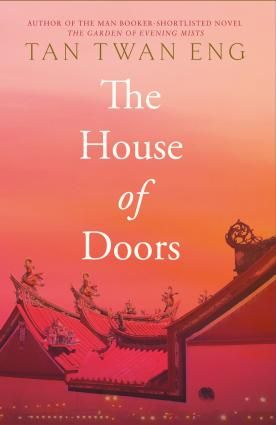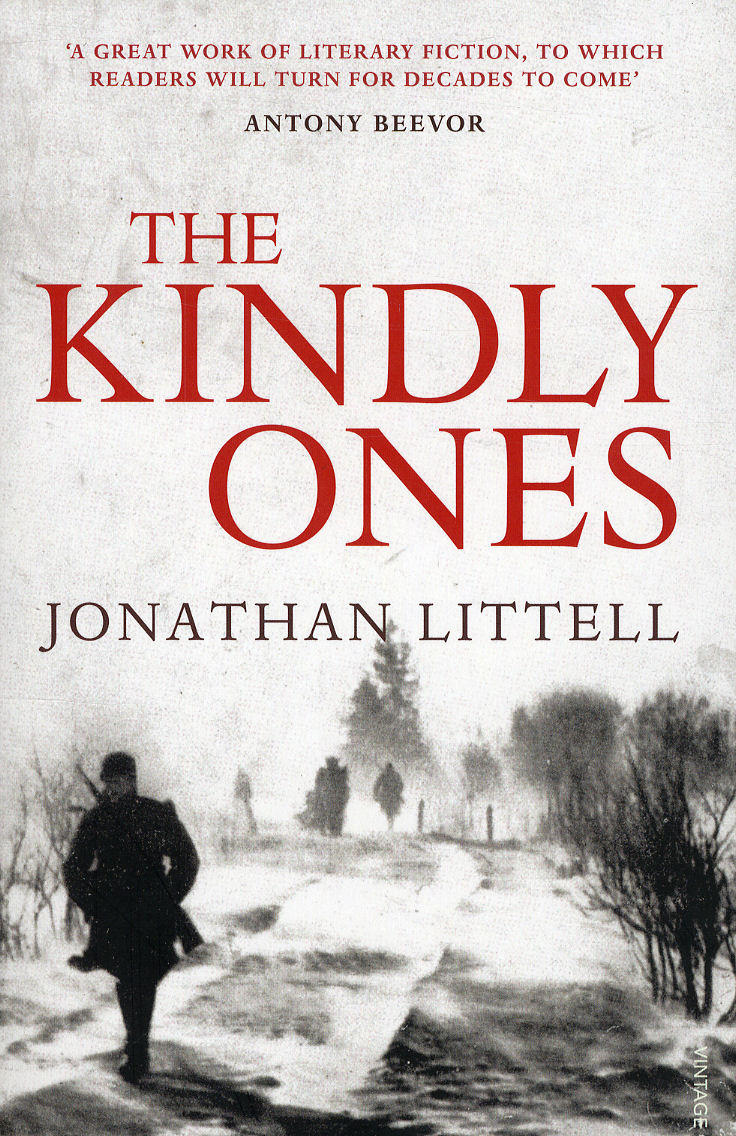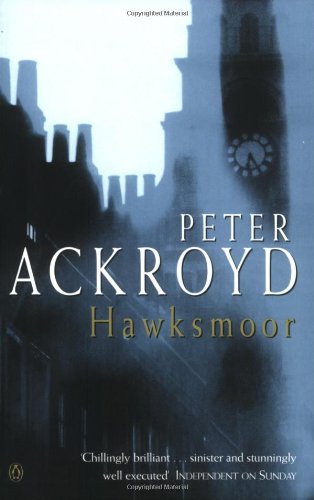
Rites of Passage by Golding
First published in: 1980
Winner of Man Booker Prize in 1980
Reviewed by: Jen
Rating: ★★★★
Rites of Passage is the first book in Golding’s To the Ends of the Earth trilogy and it won the Man Booker prize in 1980. It is written in the form of a travel journal and it documents Edmund Talbot’s sea voyage from England to Australia. Mr. Talbot is the godson of an English nobleman and he writes the journal in order to share his experiences of the voyage with his godfather. Initially, he uses the journal to describe the setting, the passengers, and his experience experience on board the ship, but the journal ultimately describes the tragic downfall of one passenger: Parson Colley. The novel is a clever commentary about class, bullying, and man’s complicity in the downfall of others. The reader quickly learns that the ship is a microcosm of British society. The lower class passengers are in a separate section from the aristocracy and treatment of the officers is determined by where passengers fall on the social class spectrum. It is part coming of age story and part social commentary.
I was skeptical about this book because I don’t care for swashbuckling, sea voyage, sailing, types of books. However, while the entire story is set during a sea voyage, the plot is not at all focused on the voyage. I thought that Golding does a wonderful job in creating a sense of discomfort in the reader by flipping the switch on our perspective from identification with Talbot (to mild degree) to compassion and identification with Colley. Initially, we are made complicit in the atmosphere of bullying. For example, we are made to feel the absurdity of the parson — the image of him as a bumbling, weak, and awkward man permeates our viewpoint. We find humor in his struggles to gain the favor of the Captain and to gain his sea legs. Then Golding turns the tables on us and we are made to see how the initial light and humorous tone turned into cruelty, leading us to question our roles as readers in finding early events humorous.
The commentary of class, a central theme of this book, is interesting. Social prejudice is rampant and once again Golding turns the table on readers. Characters who are seen as moral and noble (the upper class passengers) are shown to be course and cruel and vice versa.
Finally, I enjoyed picking up on similarities between this book and Lord of the Flies. Golding seems to like themes about man’s isolation and how behaviors emerge in the context of removal from “civilized” society. The writing is solid with an interesting blend of humor and tragedy. It is a book that I was surprised I enjoyed so much and that I would be happy to recommend to others.
Overall: A very engaging and thought-provoking read.
BBC also has a series based on these books. You can find it on netflix. It is supposed to be quite good.
Want to read it? You can purchase it from Amazon by clicking: Rites of Passage (To the End of the Earth)
NOTE: If you do buy your copy from Amazon, don’t get the $1.42 ebook version. I originally bought this copy and it was filled with formatting issues and mistakes. I returned it for a refund and bought the $7.00 version and didn’t have any problems with that version. But, then when I tried to find it again, they only had the $1.42 version listed. So, I’d recommend the paper copy or try your local library.












